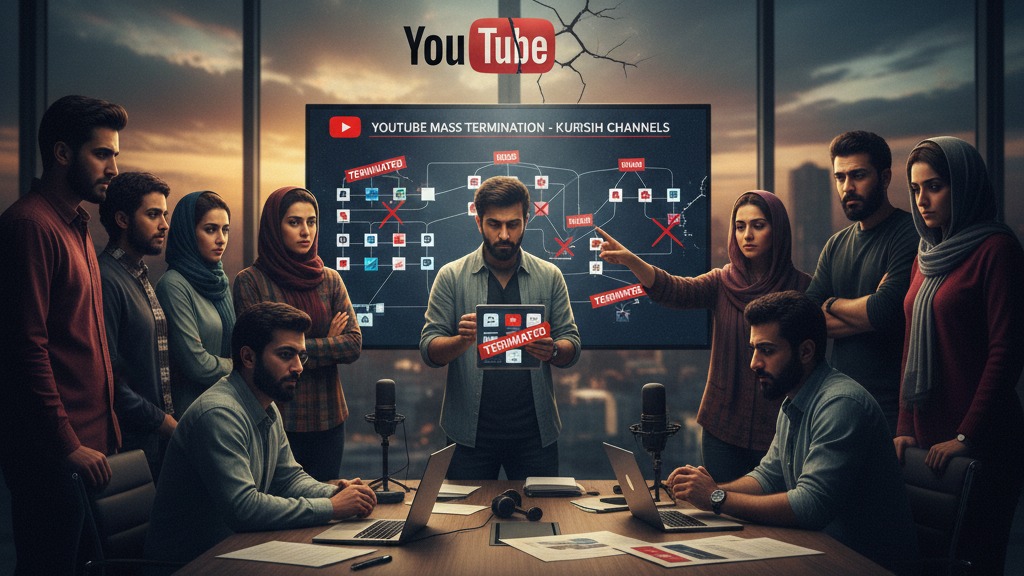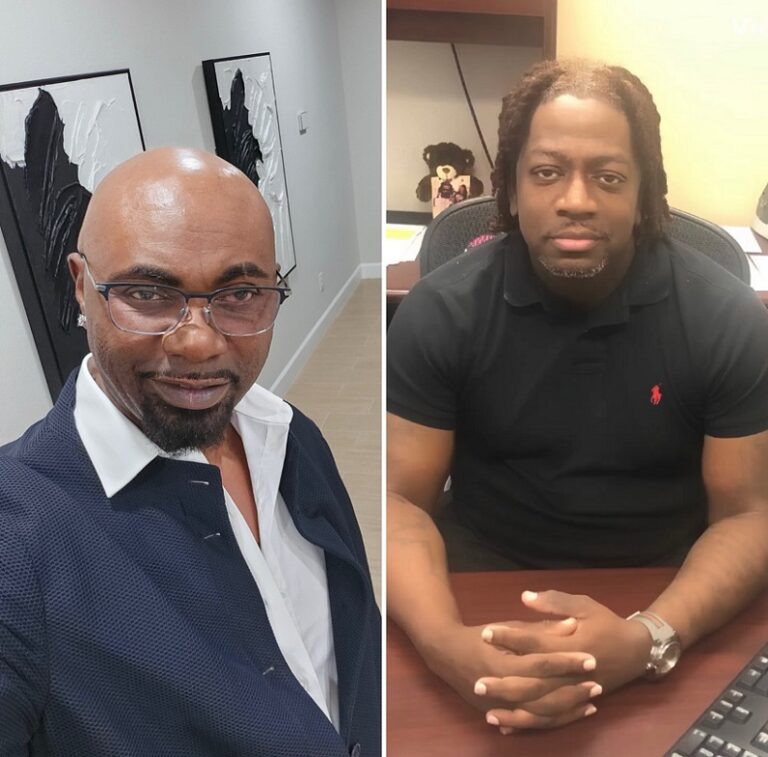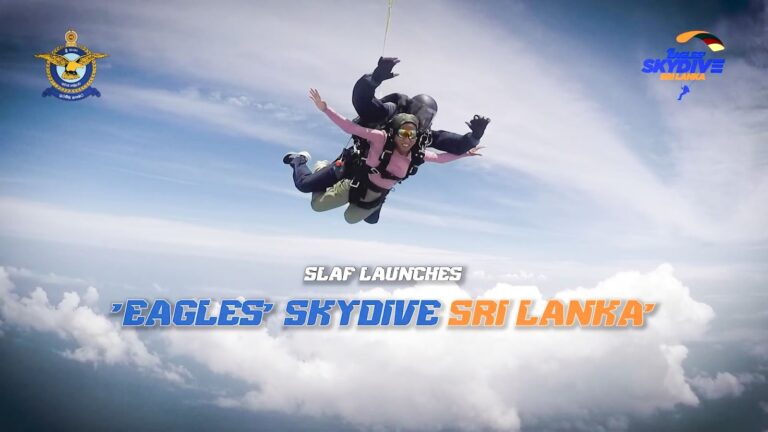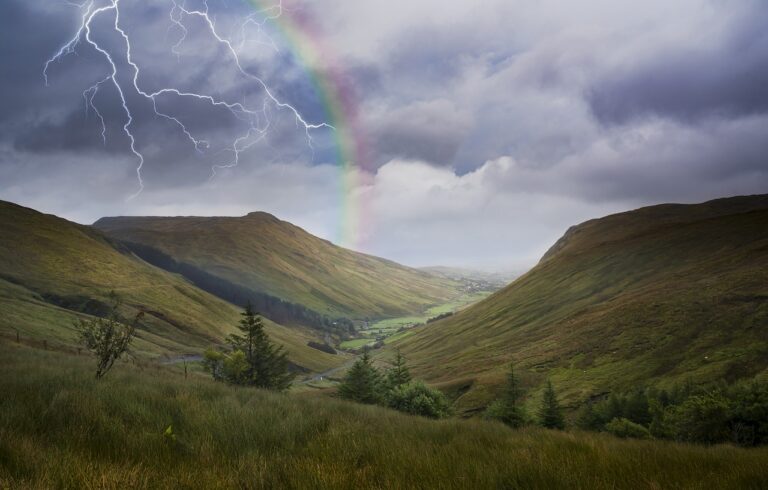Mabast King on the YouTube Mass Termination and Recovery of Kurdish Channels
1. Introduction and Background
When the mass termination happened, it felt like a shockwave across the Kurdish creator community. YouTube sent a short automated email saying that several channels were removed due to “linking to a terminated AdSense account.” There was no warning, no explanation, and no chance to react. In that moment, it became clear that dozens of Kurdish creators had lost their digital presence overnight.
Before the shutdown, there were more than 20 Kurdish YouTube channels connected through the same AdSense account. The reason was simple: many creators in Kurdistan don’t have access to international payment systems, so they use one trusted account to verify and manage monetization. These creators had been building their platforms for years — producing original Kurdish content to represent their language, culture, and stories on a global stage.
2. The Root of the Problem – YouTube’s System
The shutdown started with a single copyright strike on an unrelated channel, yet YouTube terminated everyone connected to the same AdSense. That exposed a deep flaw in their system — the algorithm treated all channels as one, without checking who was actually responsible.
YouTube’s moderation system is still not advanced enough to distinguish between a single violator and independent creators who share technical connections. This weakness hits small creative communities the hardest. Many Kurdish YouTubers found themselves punished for something they had no involvement in, simply because of how the system operates in regions like ours.
There was no official warning or direct human explanation before the mass termination — it was an automated action. That’s what made it so alarming: a single error triggered a chain reaction that wiped out a whole community’s online presence.
3. The Appeal Process and Recovery
In response, I helped organize communication among affected creators and began coordinating appeals. The goal was to show YouTube that each channel was independently managed and not connected beyond the technical payment link.
During this process, Mr. Shko played a major role in gathering detailed information, identifying affected channels, and helping to organize evidence proving that every account had a unique owner and purpose. His cooperation was essential in demonstrating that Kurdish creators were united and determined to fix the issue.
It took about three weeks of continuous follow-ups, emails, and public attention. What ultimately worked was clear documentation and collective action. Kurdish and regional media — including Kurdistan24, AVA media and Rudaw— helped raise awareness and made sure YouTube understood how serious the situation was.
This experience proved that online systems still need human communication. Transparency, unity, and persistence became the key factors in restoring the community’s presence.
4. Platform Responsibility and Fairness
YouTube must reform its linked-AdSense policy. If one channel violates the rules, others should not automatically be punished. Each case deserves its own investigation and review.
Moreover, YouTube’s moderation process often lacks fairness across different regions. Smaller communities such as the Kurdish one face structural disadvantages — limited local support, language barriers, and delayed communication. YouTube has never provided assistance in Kurdish or Arabic, which makes the process even harder.
It’s time for YouTube to establish a regional support structure in Iraq and the Kurdistan Region, so creators can communicate directly and solve problems in their own language.
5. Impact on the Community
The mass removal deeply affected Kurdish creators. Many lost motivation and confidence after years of work disappeared overnight. It truly felt like a “9/11” for Kurdish YouTubers — a defining moment that exposed how vulnerable digital communities can be.
After the recovery, the focus shifted toward rebuilding stronger foundations: separating AdSense connections, improving copyright awareness, and creating a Kurdish support network to react quickly if a similar situation ever happens again.
Trust in YouTube was shaken, but the community’s resilience remains. There is still hope that the platform can support Kurdish voices — if it listens, adapts, and learns from what happened. My message to YouTube’s policy team is simple: algorithms should not silence independent communities that are trying to grow.
6. Broader Reflection
This event revealed a deeper truth — global digital platforms are not yet fully inclusive for smaller nations or linguistic groups. They are designed for large markets, not for diverse creators with unique challenges.
If I could meet YouTube’s policy leaders, I would ask for two things: to reform the linked-channel policy and to create regional support teams that understand local creators and their environments.
The greatest lesson was unity. Kurdish creators learned that when we stand together and communicate clearly, our collective voice becomes powerful enough to create change. That spirit of cooperation is what brought our channels back — and it’s what will protect the future of Kurdish YouTubers.







